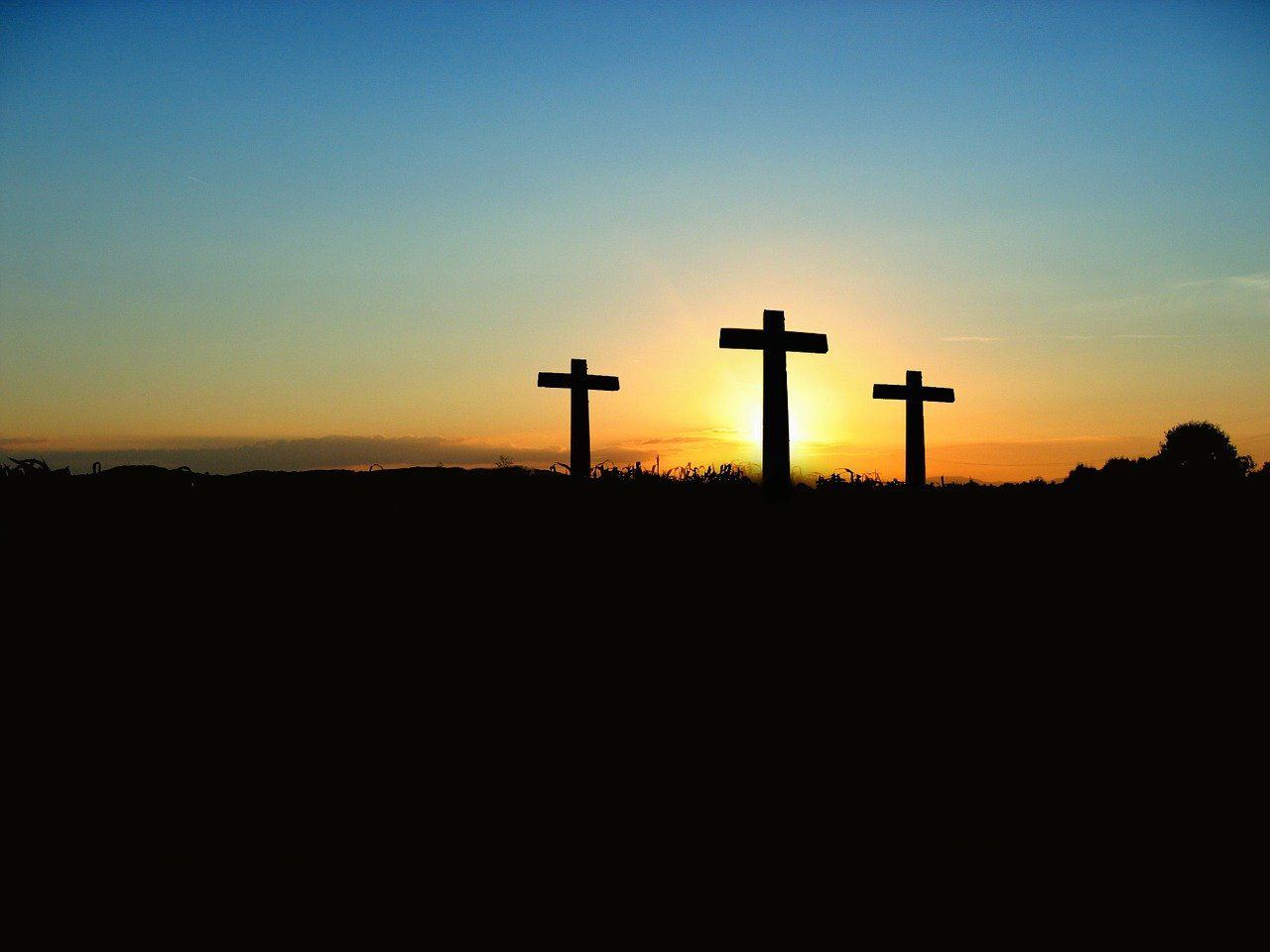Though scarcely known today, Samuel Pearce was renowned for the depth of his spirituality and the anointing that attended his preaching.
William Jay (1769-1853), a contemporary who exercised an influential ministry in Bath, remarked: ‘When I have endeavoured to form an image of our Lord as a preacher, Pearce has oftener presented himself to my mind than any other … [he had a] mildness and tenderness … [a] peculiar unction’.
Historians David Bogue and James Bennett made similar remarks. When he preached, they said, ‘the most careless were attentive, the most prejudiced became favourable, and the coldest felt that, in spite of themselves, they began to kindle’.
But it was when he prayed in public, they remarked, that Pearce’s spiritual ardour was most apparent: ‘The most devout were so elevated beyond their former heights, that they said, “We scarcely ever seemed to pray before”‘.
Formative years
Pearce was born in Plymouth on 20 July 1766, to devout Baptist parents. His mother died when he was an infant, and he was raised by his godly father, William Pearce (d.1805) and an equally pious grandfather.
He would also have known the nurture of the ‘sturdy Baptist community’ of Plymouth, whose history reached back well into the 17th century.

The heritage of these Baptists is seen in the character of one of their early ministers, Abraham Cheare (d.1668). During 1660-1688, a time of great persecution for all Christians outside of the Church of England, Cheare was arrested, cruelly treated and imprisoned on Drake’s Island in Plymouth Sound.
Fearful that some of his flock might compromise their Baptist convictions to avoid persecution, he wrote letters to his church during his imprisonment.
In one of them he cites the Puritan author Jeremiah Burroughs (c.1599-1646): ‘standing in the gap is more dangerous and troubelsom [sic] than getting behind the hedge, [for] there you may be more secure and under the wind; but it’s best to be … where God looks for a man’.
Cheare was one who ‘stood in the gap’, dying in 1668 while still imprisoned for his Baptist convictions.
Life in the Redeemer
In his teens, however, Pearce spurned the rich heritage of his godly home and community. ‘Several vicious school-fellows’ became close friends and he pursued ‘wicked inclinations’. But God had better plans for his life.
In the summer of 1782, Isaiah Birt (1758-1837) came to preach in the Plymouth meeting-house. The Spirit of God drove Birt’s words home to Pearce’s heart.

The change in Pearce from ‘a state of death in trespasses and sins’ to a ‘life in a dear dying Redeemer’ was sudden but real and lasting.
Pearce was conscious of the Spirit’s witness in his heart that he was a child of God, and of being ‘filled with peace and joy unspeakable’. A year or so later, on his 17th birthday, he was baptised and joined the Plymouth congregation.
The church soon perceived that he had been endowed with the gifts of pastoral ministry. So, in November 1785, when he was only 19 and apprenticed to his silversmith father, Pearce was called to engage in the ministry of the Word.
Training
From August 1786 to May 1789, Pearce attended the Bristol Baptist Academy, the only institution in Great Britain training ministers for the Calvinistic Baptist denomination. He was ever grateful for the benefits afforded by this period of study.
He had, for example, the privilege of studying under Caleb Evans (1737-1791), the Principal of the Academy, and Robert Hall, Jr (1764-1831). The latter was a reputed genius destined to become one of the great preachers of the early 19th century.
Students had opportunities to preach. Years later Pearce recalled going to preach to the colliers of Coleford, Gloucestershire.
Standing on a three-legged stool in a hut, he directed thirty or forty of these miners to ‘the Lamb of God which taketh away the sin of the world’.

‘Such an unction from above’ attended his preaching that day that his hearers were ‘melted into tears’ and he too, ‘weeping among them, could scarcely speak…’
Cannon Street
Early in 1789 Pearce accepted a call to serve a year’s probation as pastor of Cannon Street Baptist Church in Birmingham. He had supplied the pulpit there during the previous summer and the Christmas vacation.
Impressed by Pearce’s evangelistic zeal – people were saved on both occasions – and his ability to edify God’s people, the church sent their request in February 1789. Five weeks later Pearce consented and, his studies finished, he joined them in June.
The following year he was formally called to be the pastor of what would turn out to be his only pastoral charge.
In his letter of acceptance, dated 18 July 1790, he expressed his hope that the union between pastor and church would ‘be for God’s glory, for the good of precious souls, for your prosperity as a Church, and for my prosperity as your minister’.
He put ‘God’s glory’ in first place. If anything set the tone of his ministry it was this desire to see God glorified in his life and labours.
Fruitfulness
His ministry at Cannon Street occupied ten all-too-brief years. Yet they were years of great fruitfulness.
No fewer than 335 were baptised and received into membership during this period. This does not include those converted under his preaching who, for one reason or another, did not join his church. A Sunday school was started in 1795 and soon had some 1200 scholars.
At the heart of his preaching and spirituality was that key-note of Evangelicalism, the mercy of God displayed in the cross of Christ.
Writing one Sunday afternoon to William Summers, a friend residing in London, Pearce wrote that he had for his sermon that evening ‘the best subject of all in the Bible, Ephesians i.7 – Redemption! how welcome to the captive! Forgiveness! how delightful to the guilty! Grace! how pleasant to the heart of a saved sinner!’

Christ’s atoning death for sinners, he continued, is ‘the leading truth in the NT, … a doctrine I cannot but venerate; and to the Author of such a redemption my whole soul labours to exhaust itself in praise’.
In his final letter to his congregation, written on 31 May 1799, he reminded them that the gospel which he had preached among them for ten years, and in which he urged them to stand fast, was ‘the gospel of the grace of God; the gospel of free, full, everlasting salvation, founded on the sufferings and death of God manifest in the flesh’.
Struggles and convictions
People called Pearce ‘silver-tongued’ because of the intensity and power of his preaching. But there were times when preaching was a real struggle for him.
Writing to William Carey (1761-1834) in 1796, he told the Baptist missionary: ‘At some times, I question whether I ever knew the grace of God in truth; and at others I hesitate on the most important points of Christian faith …
‘When I am preparing for the pulpit, I fear I am going to avow fables for facts and doctrines of men for the truths of God. In conversation I am obliged to be silent, lest my tongue should belie my heart.
‘In prayer I know not what to say, and at times think prayer altogether useless. Yet I cannot wholly surrender my hope, or my profession. – Three things I find, above all others, tend to my preservation.
‘First, a recollection of time when, at once, I was brought to abandon the practice of sins which the fear of damnation could never bring me to relinquish before. Surely, I say, this must be the finger of God, according to the Scripture doctrine of regeneration.
‘Second, I feel such a consciousness of guilt that nothing but the gospel scheme can satisfy my mind respecting the hope of salvation.
‘And, thirdly, I see that what true devotion does appear in the world, seems only to be found among those to whom Christ is precious.’
Sovereign love
A handful of his sermons were published, as well as the circular letter he drew up for the Midland Baptist Association in 1795 entitled Doctrine of Salvation by Free Grace Alone. A good perspective on his thought may be found in the following extract from this letter:
‘We renounce everything in point of our acceptance with God, but his free grace alone which justifies the ungodly, still treading in the steps of our venerable forefathers, the compilers of the Baptist Confession of Faith … In this point do all the other lines of our confession meet. For if it be admitted that justification is an act of free grace in God without any respect to the merit or demerit of the person justified;
‘Then the doctrines of Jehovah’s sovereign love in choosing to himself a people from before the foundation of the world, his sending his Son to expiate their guilt, his effectual operations upon their hearts, and his perfecting the work he has begun in them until those whom he justifies he also glorifies, will be embraced as necessary parts of the glorious scheme of our salvation.’







